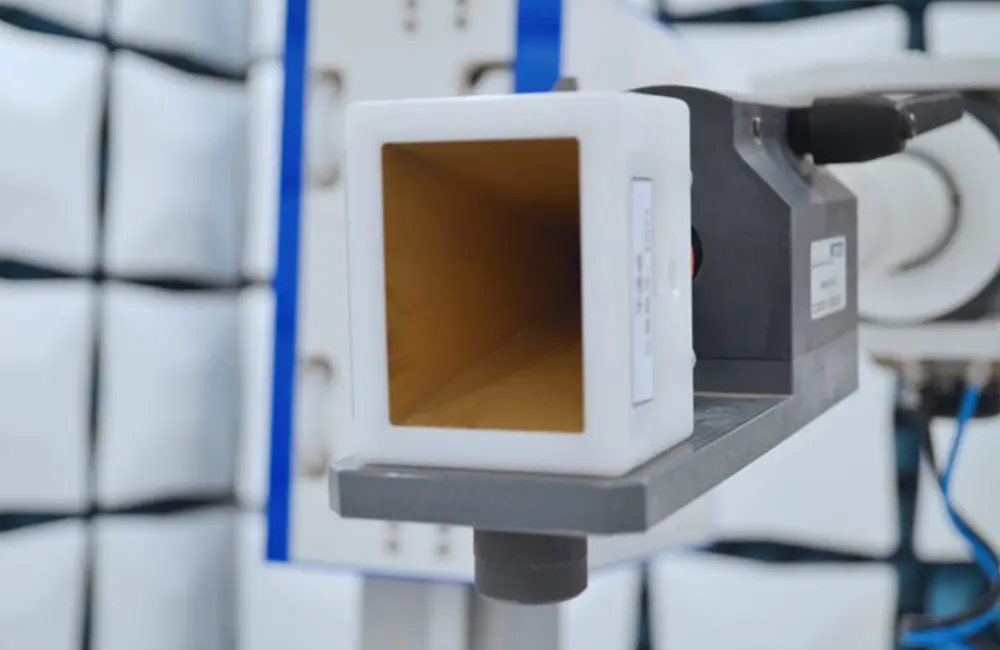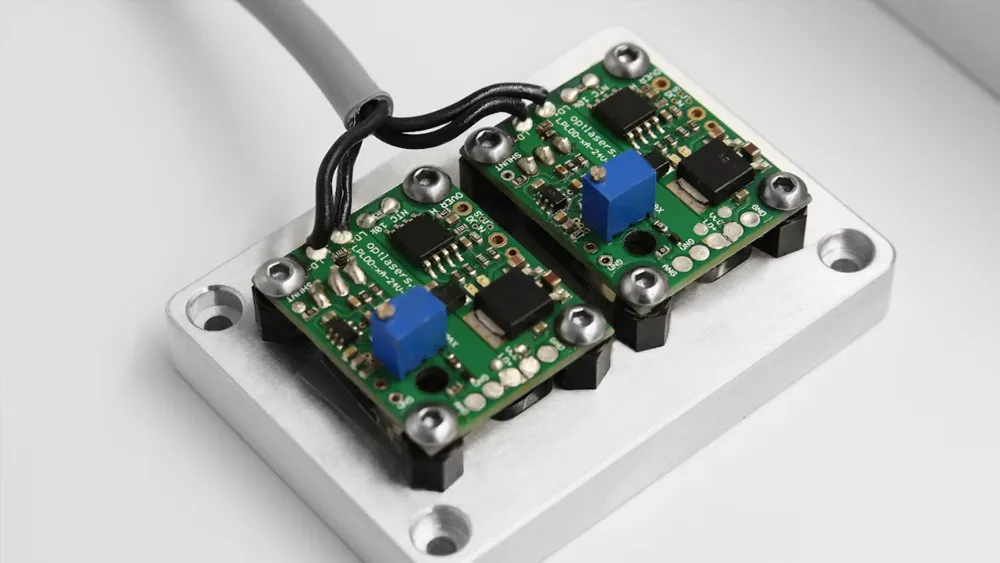
What is Wireless EMC Testing?
Electromagnetic Compatibility (EMC) refers to the ability of technical equipment to function without causing interference to other devices or being interfeRED with by electrical or electromagnetic effects.
In emc testing, the primary focus is on evaluating a device's immunity to interference and its emission of interference. EMC testing is essential for the market introduction of technical equipment, as international legislators, manufacturers, and distributors establish diverse limits for both interference immunity and emission.

EMC Testing for Wireless Technology Products
In addition to regULatory wireless testing for products employing wireless technologies, EMC testing is required to ensure compliance with international standards, enabling these products to be sold in target markets.
This involves various specifications and limits applicable under different regulatory approval systems. We conduct various accredited EMC tests on wireless technology products, providing all necessary services for market approval from a single source. Among others, these include tests in accordance with:
- Radio Equipment Directive (RED)
- FCC
- ised
- ETSI EN 301 489 series (specific standards include EN 301 489-1, -2, -3, -7, -9, -17, -19, -24, -25, -27, -33, -50, -51, -52)
- FCC Rule Part 15B
- RSS-GEN & ICES-003
When is EMC Testing Required?
EMC testing is crucial for ensuring a product’s interference-free, safe, and reliable operation while complying with legal regulations.
What Products Require EMC Testing?
All technical equipment from the following fields:
- Industrial engineering
- Consumer electronics
- Automotive engineering
- Aerospace
- Military technology
- Medical technology
- Information technology
EMC Testing for Electrical Equipment
Legislators have made compliance with basic EMC requirements mandatory under the Electromagnetic Compatibility Act (EMVG), aligned with EU Directive 2014/30/EU. For manufacturers, successful EMC testing under this directive represents a key quality feature of their products, preventing failures caused by electromagnetic interference (EMI).
We test electrical equipment according to various EMC standards based on our certifications, including:
- EMC Testing for Household Appliances: Standards EN 55014-1/-2 and EN 60730 form the basis for testing household appliances such as toasters, hairdryers, food processors, MICrowaves, power tools, vacuum cleaners, heating ovens, slot machines, toy trains, air conditioners, etc.
- EMC Testing for Lighting Equipment: We have developed expertise in EMC testing for lighting equipment, including halogen spotlights, LED lighting, light chains, energy-saving lamps, and neon lights, tested under EN 55015 or EN 61547.
- EMC Testing for Professional Audio-Visual Equipment: Testing the electromagnetic compatibility of cameras, microphones, audio-video monitors, mixing consoles, video walls, etc., is essential for risk-free operation in studios or large display setups. These products are tested in our laboratory according to EN 55103-1/-2.
- EMC Testing for Alarm Systems and Components: Devices such as smoke detectors, alarm systems, light curtains, or sensors are tested according to EN 50130-4.
- EMC Testing for Measuring and Laboratory Equipment: Products like centrifuges, sensors, scales, robots, measuring sensors, or similar instruments are tested under EN 61326-1 in our EMC laboratory.
Electromagnetic compatibility testing is especially critical and mandatory for electrically operated medical equipment. The strict regulations on electromagnetic interference in medical environments require reliable test results to eliminate interference.
We provide EMC testing services for electrical medical equipment under the Medical Devices Directive (93/42/EEC / 2007/42/EC) and iec 60601-1-2, 4th edition.
EMC Testing for Railway Technology Equipment
Our EMC laboratory conducts emission and immunity testing for railway-related equipment, including ticket machines, track and interlocking electronics, alarm systems, vehicle control electronics, and sensors, based on the EN 50121-x and en 50155 series standards.
Email:hello@jjrlab.com
Write your message here and send it to us
 Canada ISED Certification RSS-247 Standard Testing
Canada ISED Certification RSS-247 Standard Testing
 What Are the Product Compliance for Amazon Austral
What Are the Product Compliance for Amazon Austral
 Australia IoT Security Compliance
Australia IoT Security Compliance
 V16 Warning Light EU EN 18031 Cybersecurity Certif
V16 Warning Light EU EN 18031 Cybersecurity Certif
 Japan IoT Security JC-STAR Certification
Japan IoT Security JC-STAR Certification
 FCC SDoC Compliance Information Statement
FCC SDoC Compliance Information Statement
 What Does FCC SDoC Certification Mean?
What Does FCC SDoC Certification Mean?
 What is Bisphenol A (BPA) Testing?
What is Bisphenol A (BPA) Testing?
Leave us a message
24-hour online customer service at any time to respond, so that you worry!




